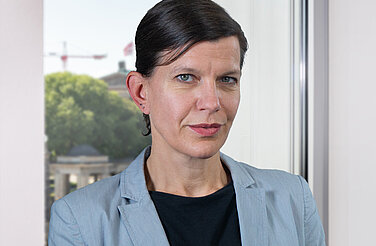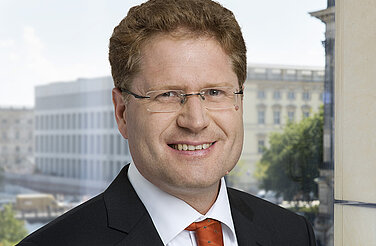Modernising the European lignite triangle
Implications of a coordinated lignite phase out by 2032 in Germany, Poland and the Czech Republic
Event Recording
Europe’s top-three lignite countries are Germany, Poland and the Czech Republic, Europe’s lignite triangle. Over the last dozen or so months, national discussions on the gradual phasing out of lignite have accelerated in these countries. The German Coal Commission proposed to close all hard coal- and lignite-fired power plants by 2038 at the latest, and the German parliament adopted this plan. A Coal Commission was also set up in the Czech Republic. By the end of the year, it will determine when the Czech Republic will exit coal. In Poland, no official talks are yet underway, but many discussions are taking place in view of the country's dwindling lignite reserves.
But looking at national phase-out plans individually is not enough, since the interconnected EU energy systems are interdependent. On account of energy prices, flows and CO2 emissions, energy sources and the specificity of their use are important for the whole region. The move away from coal in one country may not lead to a drop in emissions if neighbouring countries continue to produce energy from coal. It is important, therefore, to coordinate energy policy between countries.
An important background to this discussion is the decision by the European Council in December 2019 to make the European Union climate-neutral by 2050, the key policy goal of its European Green Deal 2030 strategy. The COVID-19 pandemic has only reinforced the urgency of the strategy. EU Heads of States have agreed that the European Green Deal is one foundation of the post-COVID-19 economic recovery. Despite the recession, the European Commission under the leadership of Ursula von der Leyen will present a comprehensive plan to increase the EU's climate target to at least 50 per cent and as much as 55 per cent by 2030. This will inevitably require a faster lignite phase-out than previously planned because of all the fossil fuels lignite is the most CO2-intensive.
In this light, Agora Energiewende and Forum Energii have jointly commissioned a study to Aurora Energy Research to look at the effects of the withdrawal from lignite in Poland, the Czech Republic and Germany in parallel by assessing the consequences for the power sector and answering the following questions:
- How will security of supply be ensured after lignite power is shut down?
- Who will be an importer and who will be an exporter of electricity in the region? How will electricity flows change?
- How will CO2 emissions change?
- What will be the costs of eliminating coal from the energy mix and how will it affect wholesale energy prices?
In the online event on 15 September, Joanna Maćkowiak-Pandera, President of Forum Energii, and Patrick Graichen, Executive Director of Agora Energiewende, presented the key results with regards to all three countries. We also took a closer look at the underlying assumptions of the model and digged deeper into the question, which challenges arise from a parallel phase out from lignite in the German, the Polish and the Czech power sector.
PRESENTATION
The presentation can be found in the download section below.
RECORDING
The recording can be found above.
Event details
Modernising the European lignite triangle
Agora Online Event
Upcoming events
If you want to receive news about upcoming events, please subscribe to our newsletter.




![[Translate to English:] [Translate to English:]](/fileadmin/_processed_/5/3/csm_Shutterstock_1639995757-huge_82d526ca12.jpg)